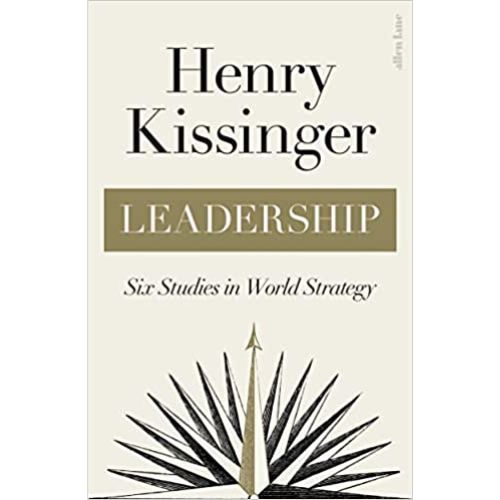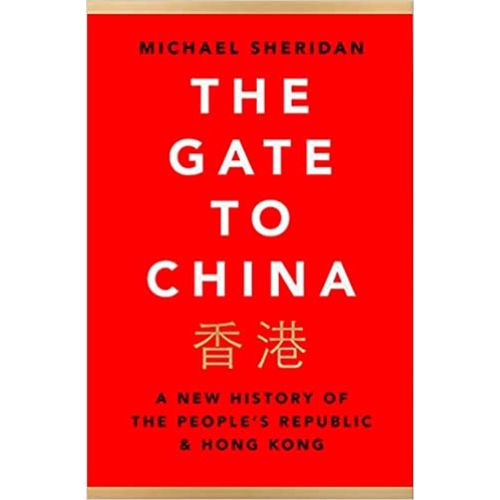-
×
 Made For More
1 × ₦3,000.00
Made For More
1 × ₦3,000.00 -
×
 The Passage of Power: The Years of Lyndon Johnson (Volume 4)
1 × ₦13,000.00
The Passage of Power: The Years of Lyndon Johnson (Volume 4)
1 × ₦13,000.00
The Rise and Fall of the EAST
₦44,000.00
The long history of China’s relationship between stability, diversity, and prosperity, and how its current leadership threatens this delicate balance
A Foreign Affairs Best Book of 2023
Chinese society has been shaped by the interplay of the EAST—exams, autocracy, stability, and technology—from ancient times through the present. Beginning with the Sui dynasty’s introduction of the civil service exam, known as Keju, in 587 CE—and continuing through the personnel management system used by the Chinese Communist Party (CCP)—Chinese autocracies have developed exceptional tools for homogenizing ideas, norms, and practices. But this uniformity came with a huge downside: stifled creativity.
3 in stock










Reviews
There are no reviews yet.